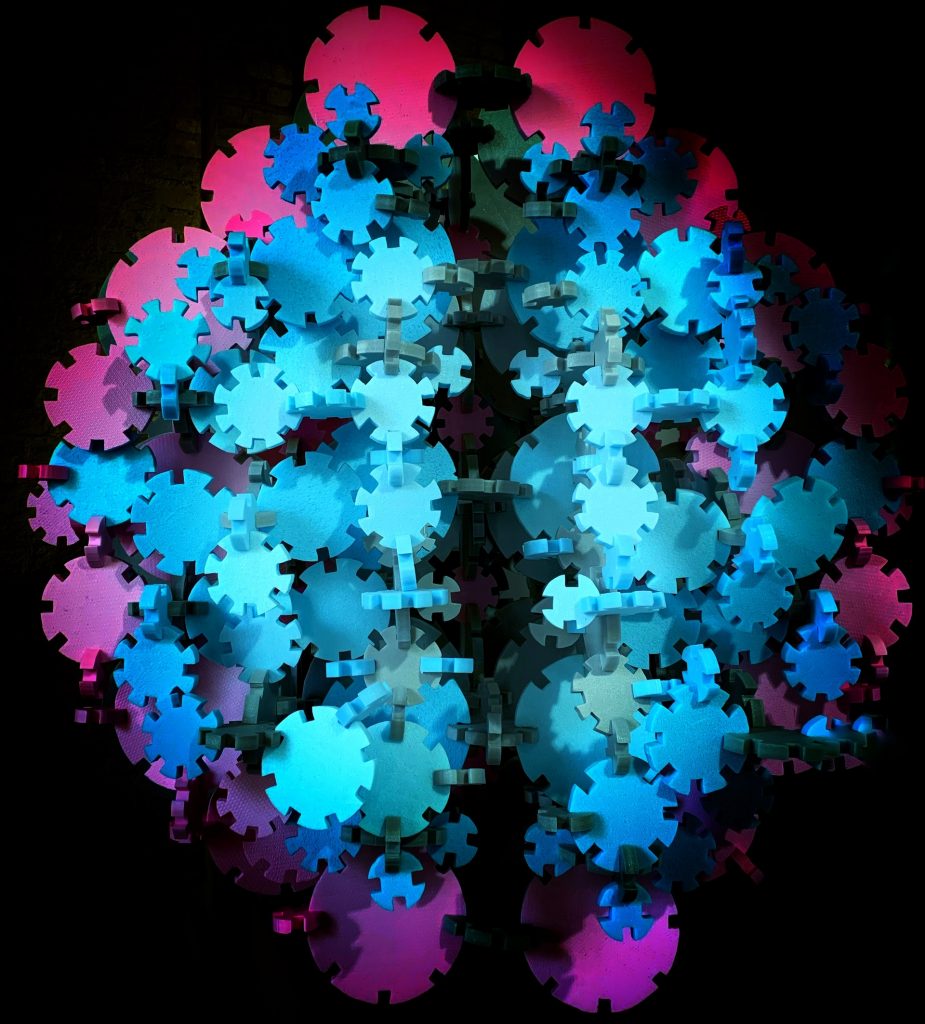Keeping our minds sharp is just as important as keeping our bodies healthy. With old age comes forgetfulness, decreased problem-solving capabilities, and sometimes even conditions like Alzheimer’s Disease. However, there are many activities to keep your mind sharp that can be done at any age. Read on for twelve of them:
1) Puzzles And Games
While some may see puzzles or games as a waste of time or unproductive, they actually have been proven to improve mental performance. Studies show that when participants are given board games or card games to play in their free time during the week, their performances in school increase by 30%. Participants also showed significant improvements in both math scores and language skills. The key to brain-boosting games is that they must be complex and novel, such as printable word searches which can be played by anyone.
2) Learning A New Language
Learning a new language can also boost your brainpower. Studies show that people who learn new languages throughout their lives (even those who learned as adults) score higher on standardized tests than those with little or no foreign language knowledge. This has been attributed to the increased cognitive demands of learning a new language at any age, which forces our brains to become more flexible and adaptable to keep up with these changes. In addition, speaking multiple languages also increases gray matter in the left inferior parietal lobe ― an area of the brain associated with verbal fluency, memory recall, and other language-related tasks.
3) Write In A Journal
Journaling is an excellent way to keep your memory sharp. When writing about our memories, we process events cognitively by linking them with language and hence store them more efficiently in memory. In addition, people who write expressively about emotional upheavals experienced in their lives have better cardiovascular health than those who do not write at all or those that confine writing to factual accounts of events without expressing emotions. So take out a piece of paper every now and then and write your feelings down!
4) Stay Active
Physical activity is a great way to keep your mind sharp and may even increase its size. Some studies show that aerobic exercise, like walking and biking, can improve brain power by enhancing cognitive functions such as learning ability and memory. However, if you are not much of a runner or cyclist ― any physical activity will do! Even taking the stairs instead of the elevator counts towards getting your body moving.
5) Meditate
Meditation has been shown to improve concentration and focus, which in turn boosts mental performance. In addition, meditation may help patients suffering from depression remember information better than those who did not meditate. It can also reduce anxiety and stress levels and therefore decrease negative moods that often lead to increased forgetfulness. What is there not to love about meditation? It is all-around good for your brain!
6) Go Outdoors
Spending time in nature may boost mental performance. Some studies show that people who walk through parklands show improved cognitive abilities compared to those walking along busy city streets. The researchers believe that the attention restoration theory (ART) helps explain why: ART states that we only have a limited amount of directed attention and prolonged focus on demanding tasks can deplete this store; when we move into natural surroundings, our brains enter a state of rest and recover from mental fatigue. This is great news for those stuck inside during the cold winter months ― try spending some time outside to boost brainpower!
7) Play Games
Play video games to boost brain function? That is right, and research suggests that certain types of games can improve memory and mental performance. The study found that the participants who played the game did better in cognitive tasks like pattern recognition, spatial visualization skills, reading comprehension, and mental rotation ― all of which help with multitasking. So dust off your gaming console (or borrow one from a friend) and get playing!
8) Eat Healthily
Eating healthy is not only good for our bodies; it may be good for our brains too. Omega-3 supplements have long been known to increase brain power by increasing blood flow to this area of the body, but what about other foods? A 2011 study on adults 55 to 90 years old found that those with a Mediterranean diet had better cognitive function than those who did not follow this diet. The foods in the Mediterranean diet include olive oil, fruits and vegetables, cereals, meat or fish (preferably consumed less often), dairy products, and wine. This is a great excuse to try out new recipes!
9) Sleep Well
According to scientists from UC Berkeley, sleep may play a critical role in memory formation and recall. During sleep, our brains are replaying experiences we have had during the day, which helps us sort out feelings into memories that will stick with us long-term. This is great news for students cramming for final exams!
10) Laugh
Did you know that laughing may be good for your brain? Research suggests that laughter helps promote neuron growth in parts of our brains associated with language learning and memory, which is great news for those who love to crack jokes during class.
11) Take A Nap
While some people are energized by napping, others enjoy the benefits of an afternoon siesta far better. Studies show that taking a short nap may provide extra brainpower in addition to improving our physical health. Napping has been shown to enhance cognitive abilities, especially creative problem solving and attention levels. Some schools have even started programs where students can be paid to take forty winks during classes!
12) Drink Coffee
It turns out coffee may genuinely be good for you despite warnings from your parents when you were younger. According to scientists at Johns Hopkins University School of Medicine, caffeine boosts memory, mood, and mental performance by blocking the effects of adenosine which is associated with drowsiness. Plus, recent studies show that coffee has many health benefits, including protection against Alzheimer’s disease and type 2 diabetes. If you decide to partake in this morning ritual, be sure to limit your intake so as not to develop a tolerance.
Keep An Open Mind
When learning new material, it can be difficult to let go of old ideas or habits which are no longer effective. Our brains are wired for efficiency ― they are constantly seeking shortcuts even if it means developing false beliefs. This is why people often find themselves thinking irrationally due to cognitive biases. To keep your mind sharp, keep an open mind when presented with new evidence because this allows you to explore other alternative perspectives!








